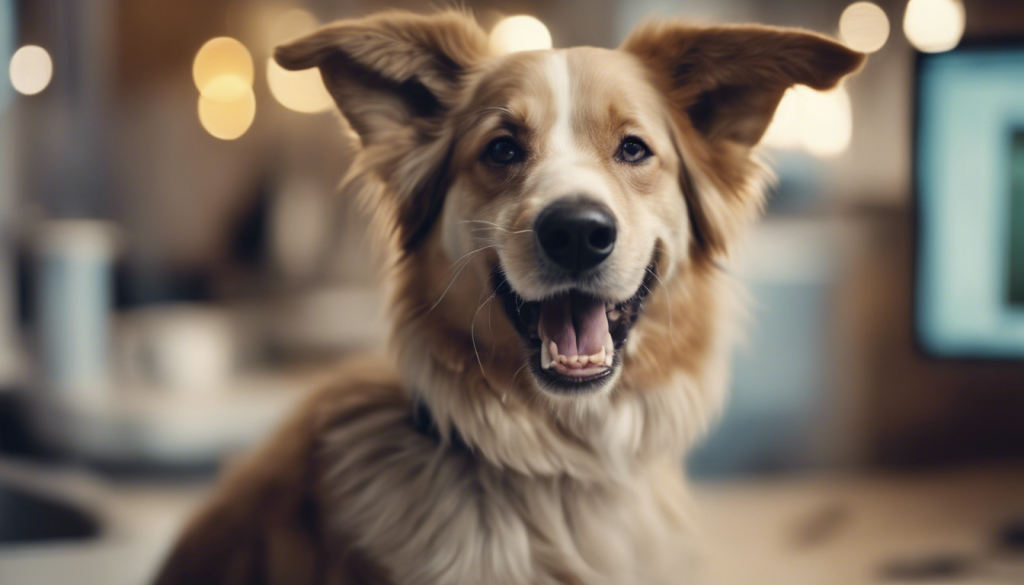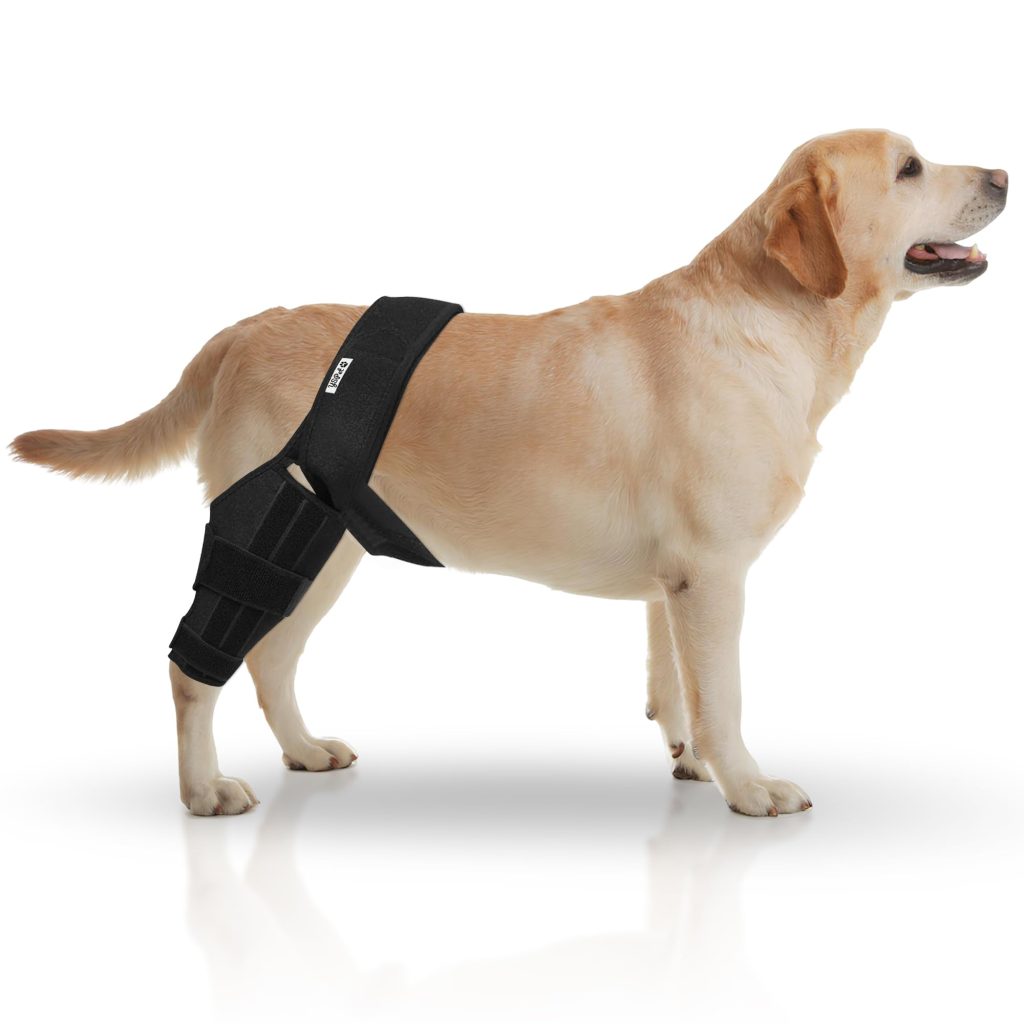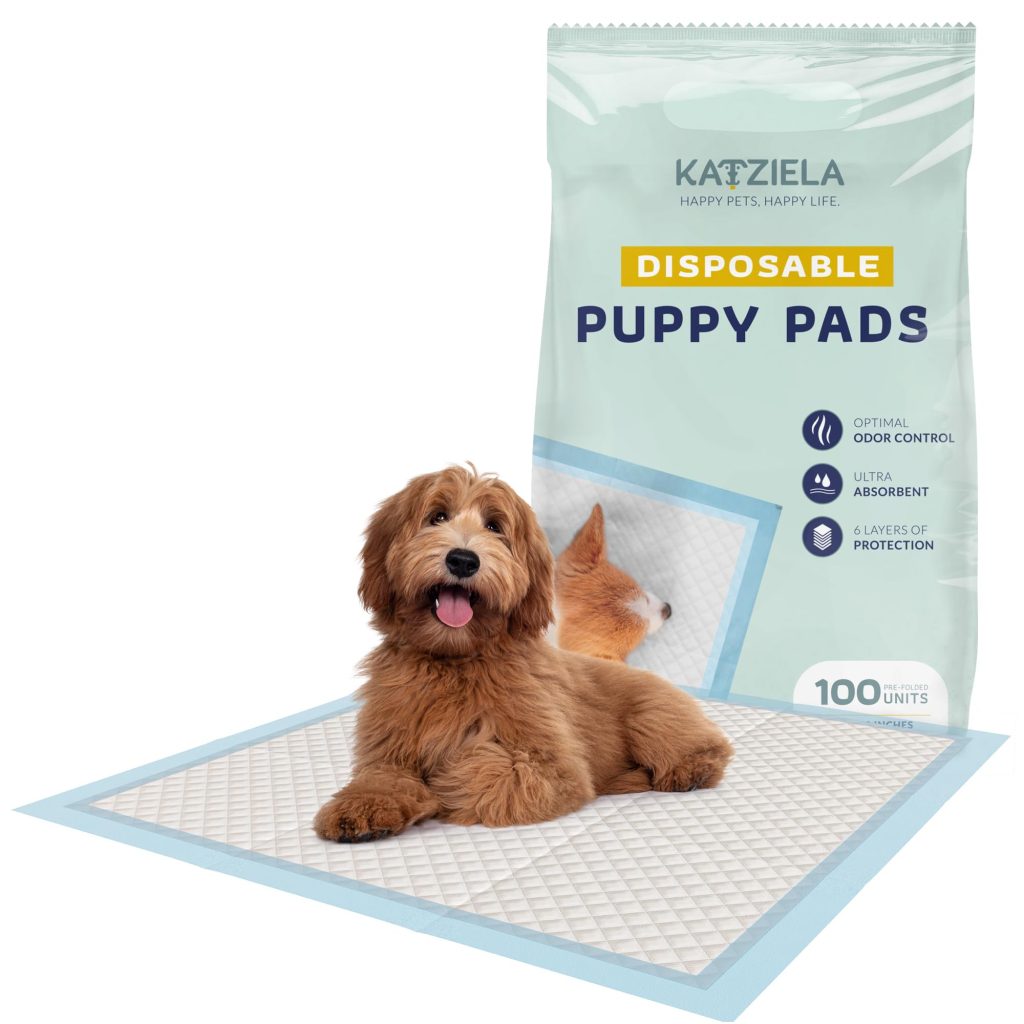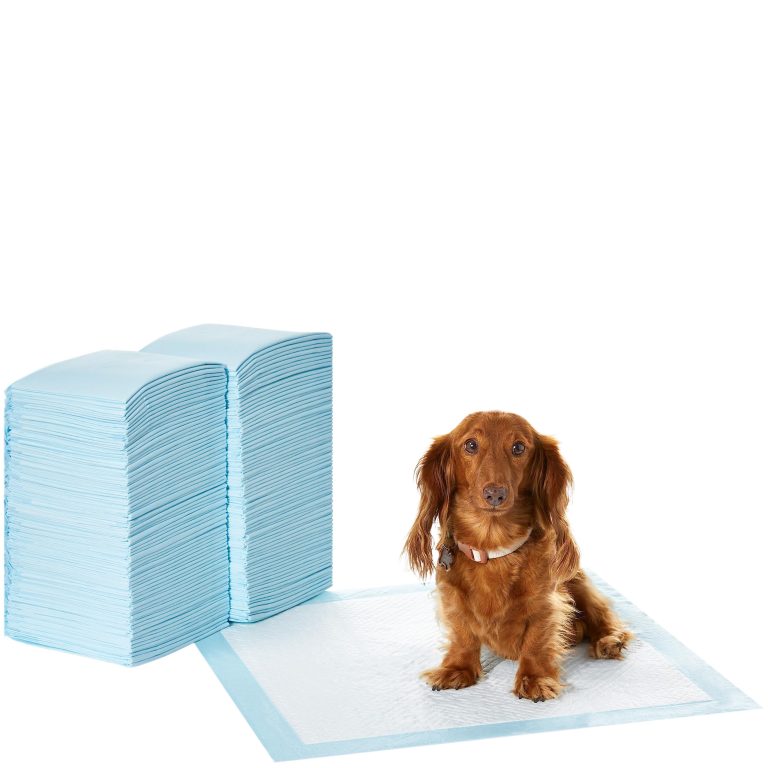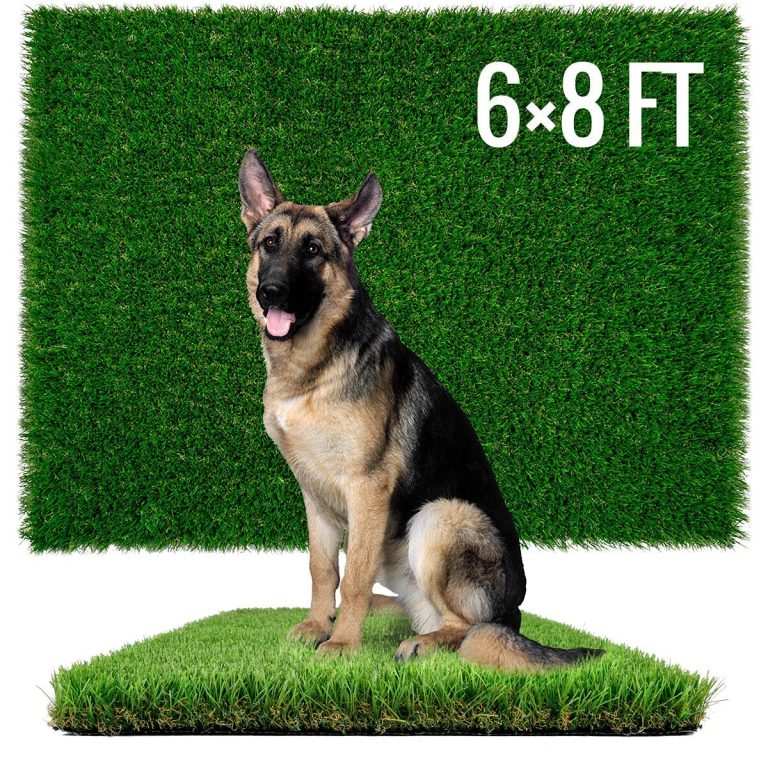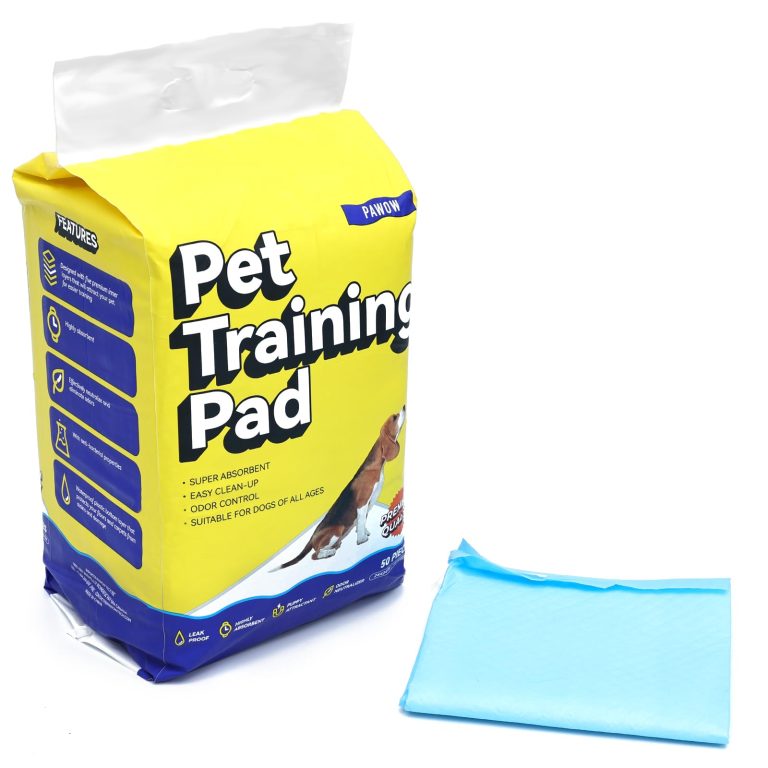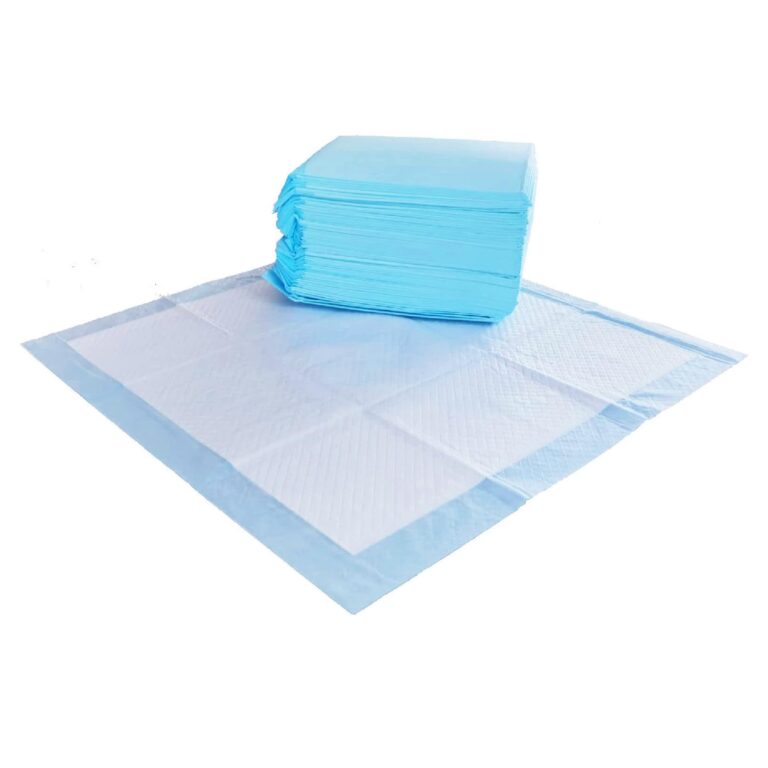Feeding Your Dog During Recovery: Post-Surgery Diet Tips
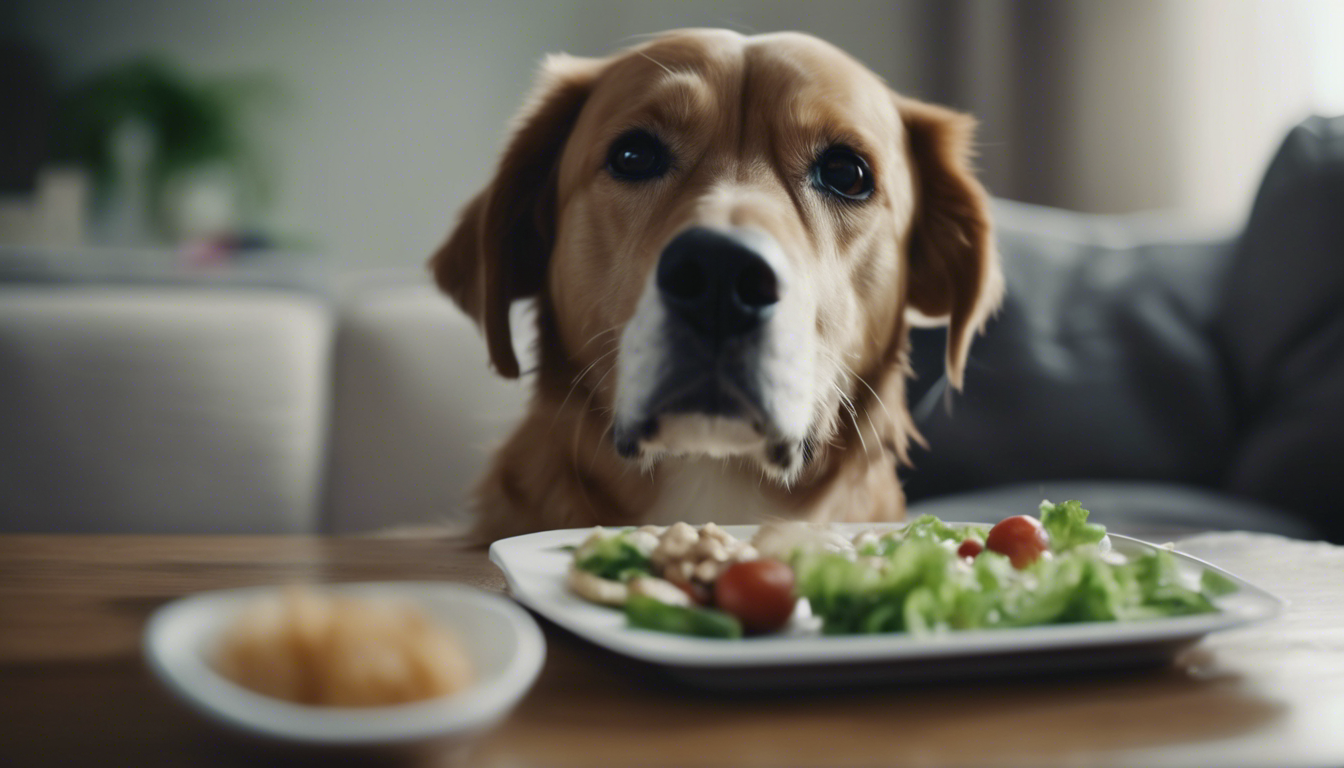
Proper nutrition plays a important role in the overall health and well-being of our canine companions. When your beloved furry friend undergoes surgery, the importance of a well-balanced diet becomes even more significant. Providing the right nutrients during the recovery period can aid in the healing process, strengthen the immune system, and promote a faster and smoother recovery. In this article, we will explore essential aspects of canine nutrition and diet, including balanced diet essentials, dietary needs for different life stages and breeds, and homemade diet options to ensure your dog’s optimal health.
Balanced Diet Essentials
A balanced diet is important for maintaining adequate nutrition in dogs, especially during their recovery phase. Here are some key components to consider when creating a post-surgery diet plan:
- Protein: Protein is essential for tissue repair and regeneration. Include high-quality animal-based protein sources like lean meats or fish in your dog’s diet to support the healing process.
- Carbohydrates: Carbohydrates provide energy and are an essential part of any balanced diet. Opt for complex carbohydrates such as whole grains, fruits, and vegetables to ensure a steady release of energy.
- Fats: Healthy fats are essential for various bodily functions and aid in the absorption of fat-soluble vitamins. Incorporate moderate amounts of omega-3 fatty acids from sources like fish oil or flaxseed oil to support your dog’s immune system.
- Vitamins and Minerals: Adequate amounts of vitamins and minerals are necessary for overall health. Add nutrient-rich vegetables such as carrots, broccoli, or leafy greens to your dog’s diet.
- Water: Hydration is vital for proper recovery. Ensure your dog has access to fresh and clean water at all times.
Dietary Needs for Different Life Stages and Breeds
Every dog has unique dietary requirements based on their life stage, size, and breed. Here are some tips to consider:
Puppies
Puppies have a higher energy requirement due to their rapid growth. Ensure their diet includes adequate protein, healthy fats, and essential vitamins and minerals. Feed them small, frequent meals throughout the day to support their growing needs.
Adult Dogs
Adult dogs require a well-balanced diet to maintain their overall health. Consider their activity level, size, and any specific dietary restrictions when creating their post-surgery diet plan. Consult with your veterinarian for personalized recommendations.
Senior Dogs
Senior dogs may have specific dietary needs and age-related health concerns. Opt for senior-friendly formulas that cater to their changing nutritional requirements. Include joint-supporting ingredients like glucosamine and chondroitin for improved mobility and joint health.
Breed-Specific Diets
Certain breeds may benefit from specialized diets due to their unique characteristics. Large breed dogs may require diets with controlled calcium levels to prevent orthopedic issues, while small breed dogs may benefit from smaller kibble sizes or higher-calorie diets to meet their energy needs.
Homemade Diet Options
If you prefer to prepare your dog’s meals at home, it is important to ensure they receive all the necessary nutrients. Here are some homemade diet options:
- Protein Sources: Include lean meats like chicken, turkey, or lean beef in your dog’s diet. Avoid seasonings or spices that may be harmful.
- Vegetables and Fruits: Offer a variety of vegetables and fruits like carrots, sweet potatoes, and blueberries. Avoid feeding toxic foods like onions, grapes, or raisins.
- Whole Grains: Incorporate cooked grains like brown rice or quinoa for a source of carbohydrates and fiber.
- Supplements: Consult with your veterinarian for appropriate supplements like omega-3 fatty acids or multivitamins to ensure complete nutrition.
Note: When opting for a homemade diet, it is important to research thoroughly or consult with a veterinary nutritionist to ensure you meet your dog’s specific nutritional needs.
Remember, post-surgery recovery is a critical time for your furry friend, and providing them with a well-balanced and nutritious diet can significantly aid their healing process. However, always consult with your veterinarian to determine the most appropriate diet plan based on your dog’s specific needs. By prioritizing their nutritional needs, you are promoting their overall well-being and setting the foundation for a healthy and happy life.
